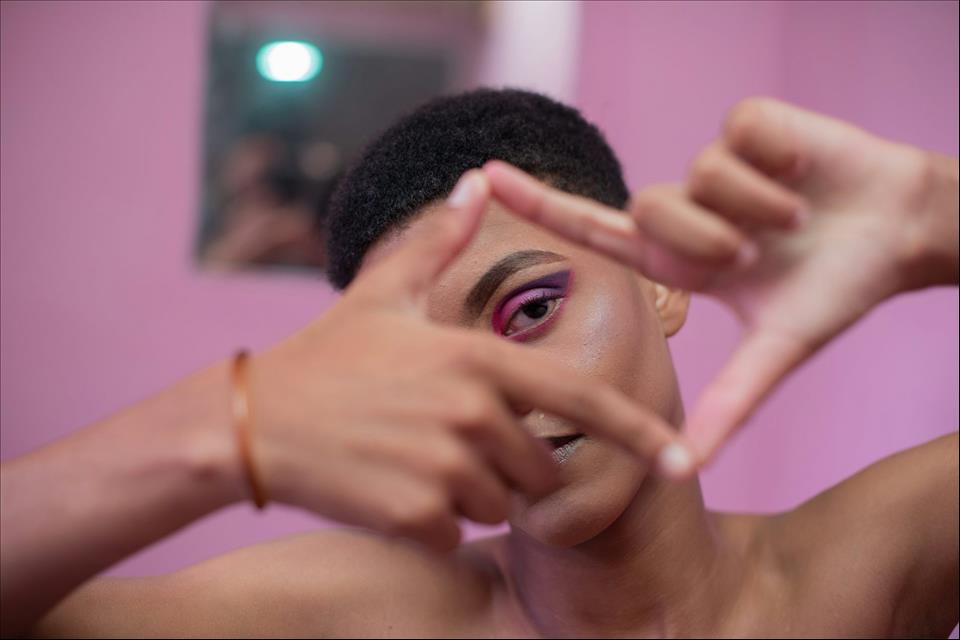
Trans Youth Are Already Among Australia's Most Marginalised People. The Social Media Ban Could Make This Worse
The Albanese government has passed a bill that will introduce a minimum age of 16 for most social media platforms, in a bid to protect children from social harm.
But our research has found social media platforms can play a very specific and much-needed role in the lives of Australia's transgender youth, who face significantly higher rates of suicide and mental health challenges compared with their cisgender peers.
Transgender youth have symptoms of depression at nearly ten times the rate of the general young population, and anxiety disorders at ten to 13 times the average rate. A 2021 study also found nearly half of Australia's transgender individuals had attempted suicide at some point in their lives.
Poor mental health is not inherent to trans people; it is caused by experiences of societal hostility, stigma, discrimination and a lack of support. Their wellbeing can be significant improved through supportive environments and access to appropriate resources.
Social media can be a lifeline for trans youthSam is a university student who lives at home with mum and dad. They have been brought up in a highly conservative Christian environment and speak a lot about their father campaigning against the gay marriage plebiscite.
Sam grew up being told – and believing – that being gay was a sin. They also had no formal education about being transgender. Like so many other young people, they learned about being trans through peer networks and online exploration. As Sam explains:
Sam's choice to memorise the various gender identities beyond male and female goes some way to explain how important this information was to them.
While exploring their most positive life experiences, Sam focused almost entirely on Instagram accounts. They explained how various pages helped them learn about gender and sexuality and how the transgender accounts they followed helped boost their confidence.
Instagram is Sam's safe and happy place of belonging. In contrast, Sam struggled – even with significant encouragement – to list happy“offline” places.
Sam's story is just one of several examples that emerged from our research on how online platforms function as vital safe spaces for trans youth growing up in conservative religious households - which are often hostile to their identities.
Through virtual communities, many young people can navigate their faith while also exploring their gender identity. Online, they can find support networks and access mental health resources that would otherwise be unavailable.
A host of challengesThe government's legislation will prevent people under 16 from creating accounts on sites such as Instagram, Snapchat and TikTok. But social media experts have raised concerns that this may cause more harm than good .
Many have raised questions about what platforms will be included in the ban, and how“high-risk” platforms will be differentiated from exempt“low-risk” ones.
The ban's feasibility has also been challenged, as young people may find workarounds to continue accessing banned platforms. Some experts have even said the ban may be unconstitutional .
While these legislative moves to regulate social media seem well-intentioned, they risk cutting off a vital lifeline for trans youth. These young people need nuanced policies that will support them, rather than isolate them.
For the trans youth we speak to, social media sites can be healthy and life-giving spaces – and they ought to be kept available.

Legal Disclaimer:
MENAFN provides the
information “as is” without warranty of any kind. We do not accept
any responsibility or liability for the accuracy, content, images,
videos, licenses, completeness, legality, or reliability of the information
contained in this article. If you have any complaints or copyright
issues related to this article, kindly contact the provider above.


















Comments
No comment